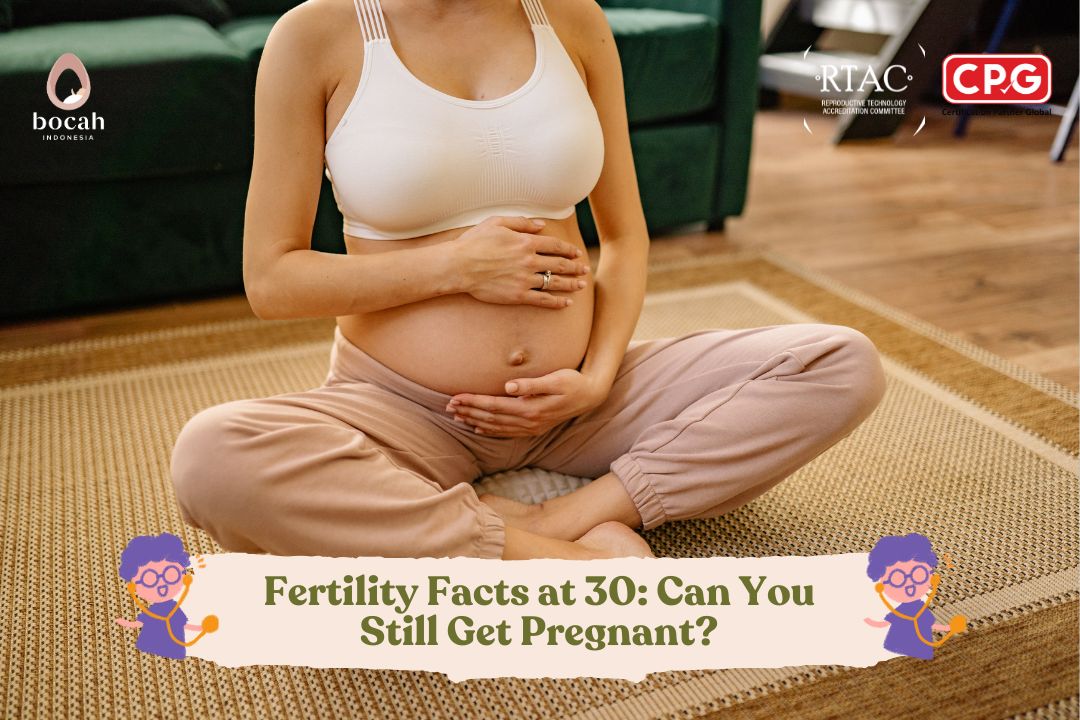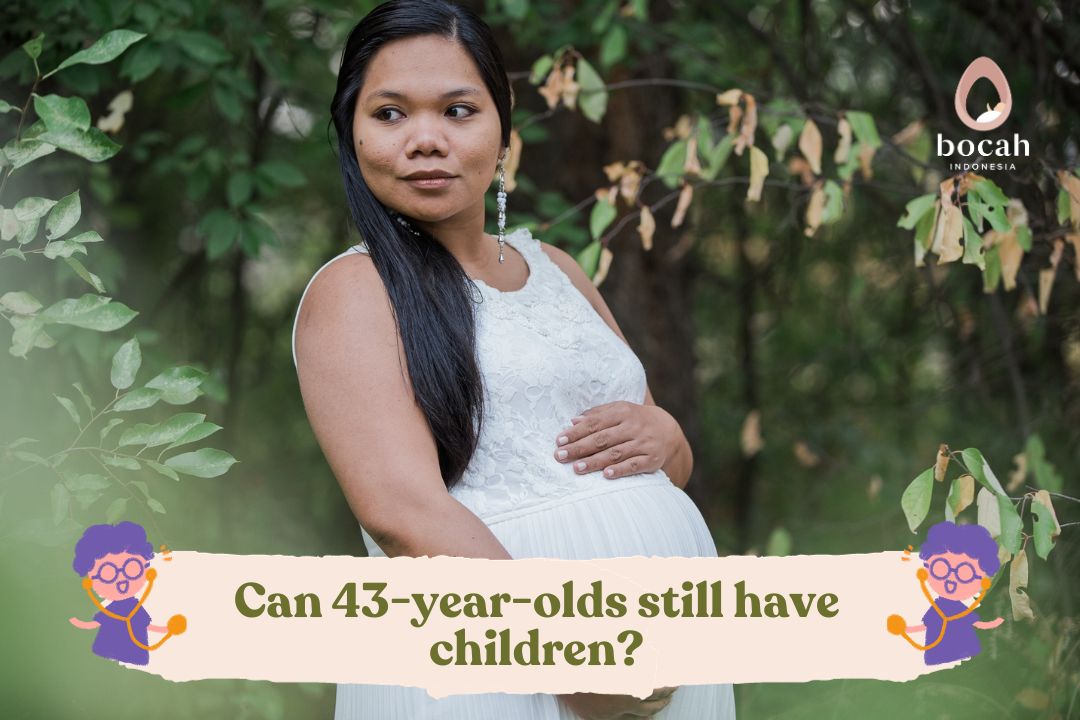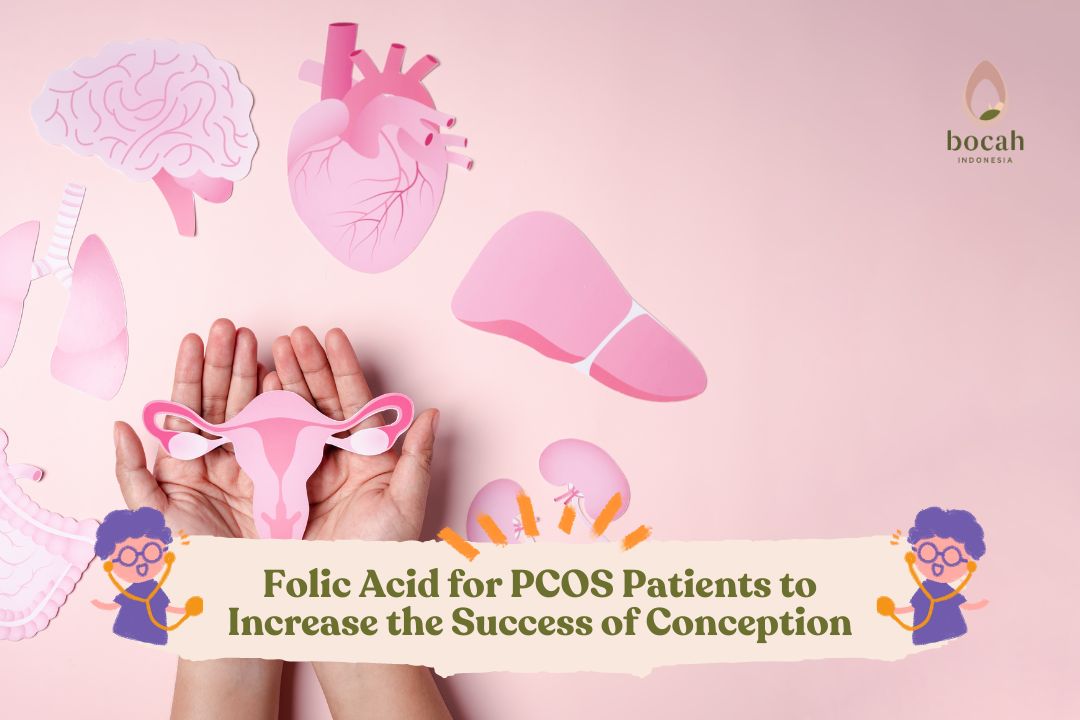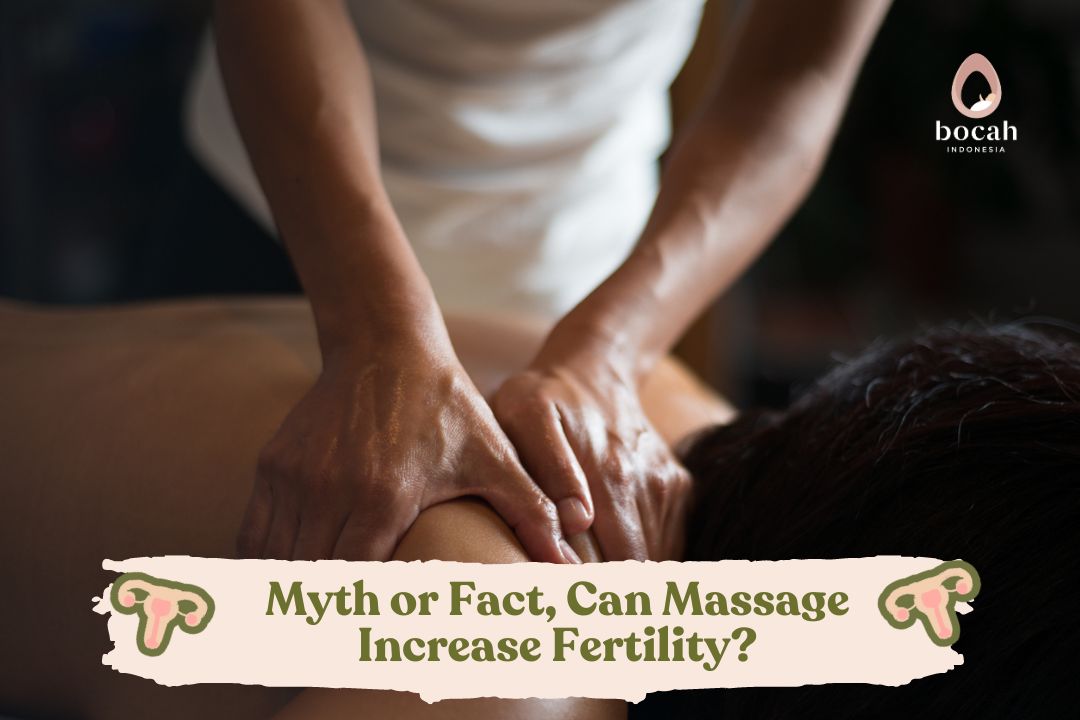7 Ways to Increase Your Chances of Getting Pregnant with the Right Diet

One of the most effective ways to increase your chances of getting pregnant is by improving your diet and consuming nutrient-rich foods.
When planning for a pregnancy, proper nutritional intake is crucial for success. This is because the right nutrients significantly influence a person’s fertility. A good diet for a fertility program involves consuming food in appropriate portions and at the right frequency. Additionally, adjusting your diet can also lead to a healthier body overall.
How to Adopt a Healthy Diet
If you and your partner want to adopt a healthy lifestyle to boost your chances of pregnancy, here are several ways to do so:
1. Increase Protein Intake
Change your diet by increasing protein intake. Protein can be sourced from plants, such as tempeh, tofu, and legumes, or from animals, like eggs, lean chicken meat, lean beef, and fish. Fish is particularly beneficial for expectant mothers and the fetus due to its high omega-3 fatty acids and low-fat protein content.
2. Choose Complex Carbohydrates
Selecting complex carbohydrates is a key step in improving fertility through a healthy diet. Examples of these foods include brown rice, whole-grain bread, vegetables, fruits, and legumes. Complex carbohydrates are high in fiber, which helps regulate blood sugar levels, and stable blood sugar can support fertility. It’s best to limit refined carbohydrates like sugar, white bread, pastries, cereals, and sweetened drinks.
Tanya Mincah tentang Promil?
3. Consume More Fruits and Vegetables
Fruits and vegetables are excellent sources of antioxidants, which help prevent damage to egg and sperm cells. You and your partner should consume fruits like oranges, grapes, avocados, and watermelon, as well as dark green vegetables that are beneficial for fertility.
4. Consume Folic Acid
Folic acid plays a vital role in preventing neural tube defects in infants. It is therefore recommended that prospective parents meet a daily intake of 400 micrograms of folic acid from the moment they start planning for a pregnancy. Natural folate can be found in oranges, whole grains, legumes, and green vegetables like spinach and broccoli.
5. Consume Milk According to Your Condition
One dietary recommendation is to consume high-fat milk, as some studies suggest it can increase the likelihood of conception. However, it’s best to consume milk that aligns with your health condition and a doctor’s recommendation. Dairy products like cheese and yogurt can also be consumed as they contain calcium, which is good for fertility.
6. Avoid Fast Food
Fast food generally has a negative impact on health, including reproductive health in both men and women. According to a study published in the journal Human Reproduction, consuming fast food excessively can lower a woman’s fertility rate. The study also noted that women who ate fast food more than four times a week were more likely to have difficulty conceiving. Additionally, fast food contains saturated and trans fats that can reduce sperm quality. It is also high in phthalates, which can affect hormones and disrupt the reproductive system’s function, as well as sodium and sugar, which can interfere with metabolism.
7. Avoid Alcohol
It is important to avoid consuming foods or beverages that contain alcohol. Excessive alcohol consumption can reduce fertility. It’s crucial for the woman to always be mindful of what she consumes during pregnancy, as alcohol is unsafe for both fertility and the developing pregnancy.
When undergoing a fertility program, a healthy diet is not the only thing to focus on. It should be complemented with other healthy lifestyle habits, such as regular exercise, stress management, and quitting smoking. Lastly, remember to get your fertility checked to increase your chances of a successful pregnancy.
Source:
- Chiu, Y., et al. (2018). Diet and female fertility: doctor, what should I eat? Fertil Steril. 2018 Sep;110(4):560-569.
- Grieger, JA., et al. (2018). Pre-pregnancy fast food and fruit intake is associated with time to pregnancy. Human Reproduction, Volume 33, Issue 6, June 2018, Pages 1063–1070.
- Ferramosca, A., Zara, V. (2022). Diet and Male Fertility: The Impact of Nutrients and Antioxidants on Sperm Energetic Metabolism. Int J Mol Sci. 2022 Feb 25;23(5):2542.








